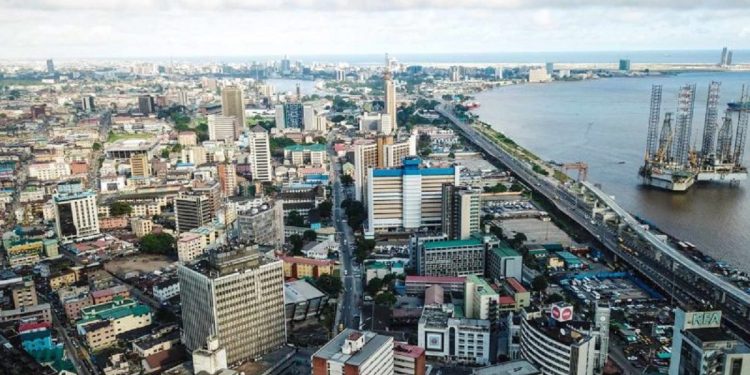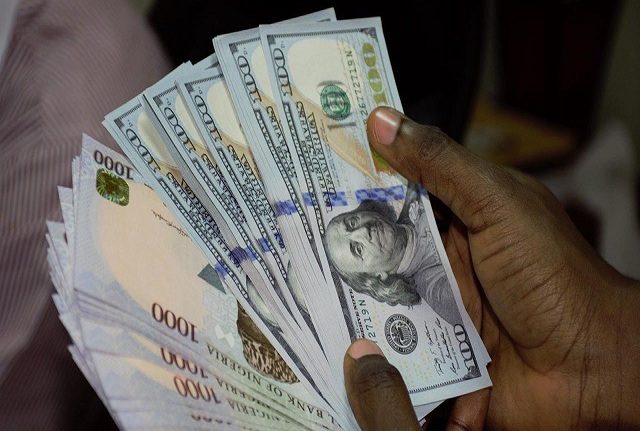Credit to the Private Sector (CPS) in Nigeria surged by an impressive 33.7% year-on-year to NGN75.48 trillion in July 2024, according to recent data from the Central Bank of Nigeria (CBN). This substantial growth in CPS, up from NGN56.46 trillion in July 2023, reflects the combined impact of CBN’s enforcement of a 50.0% loan-to-deposit ratio and the effects of currency depreciation on naira-denominated assets.
On a month-on-month basis, CPS increased by 3.1% in July, reversing the previous month’s decline of 1.5% in June, which saw the CPS level at NGN73.19 trillion. This steady month-on-month growth underscores the ongoing resilience and expansion of credit within the private sector, driven largely by the policies and macroeconomic factors influencing Nigeria’s financial landscape.
The broad money supply in the economy also witnessed a significant increase, growing by 62.7% year-on-year to reach NGN106.27 trillion. This expansion was consistent across different categories of money supply, with quasi-money rising by 73.3% year-on-year and narrow money increasing by 44.8% year-on-year. These increases highlight the broader monetary dynamics at play, with a more substantial amount of money circulating in the economy.
The CBN’s strict enforcement of the loan-to-deposit ratio, a macro-prudential measure aimed at encouraging commercial banks to extend more loans, has been a significant driver of the credit expansion. This policy has prompted banks to take on more risk by creating new credit opportunities, which has directly contributed to the robust growth observed in private sector lending.
However, the ongoing tightening of monetary policy by the CBN is expected to act as a counterbalance, potentially moderating the pace of credit expansion in the short to medium term. The central bank’s efforts to curb inflation and stabilize the economy through higher interest rates may limit the extent to which banks are willing to extend additional credit, even as the loan-to-deposit ratio enforcement continues.
As Nigeria’s financial sector adapts to these evolving dynamics, the interplay between credit growth, monetary policy, and macroeconomic stability will remain a critical area of focus for both policymakers and market participants. The outcomes of these developments will likely shape the trajectory of the Nigerian economy in the months ahead.















